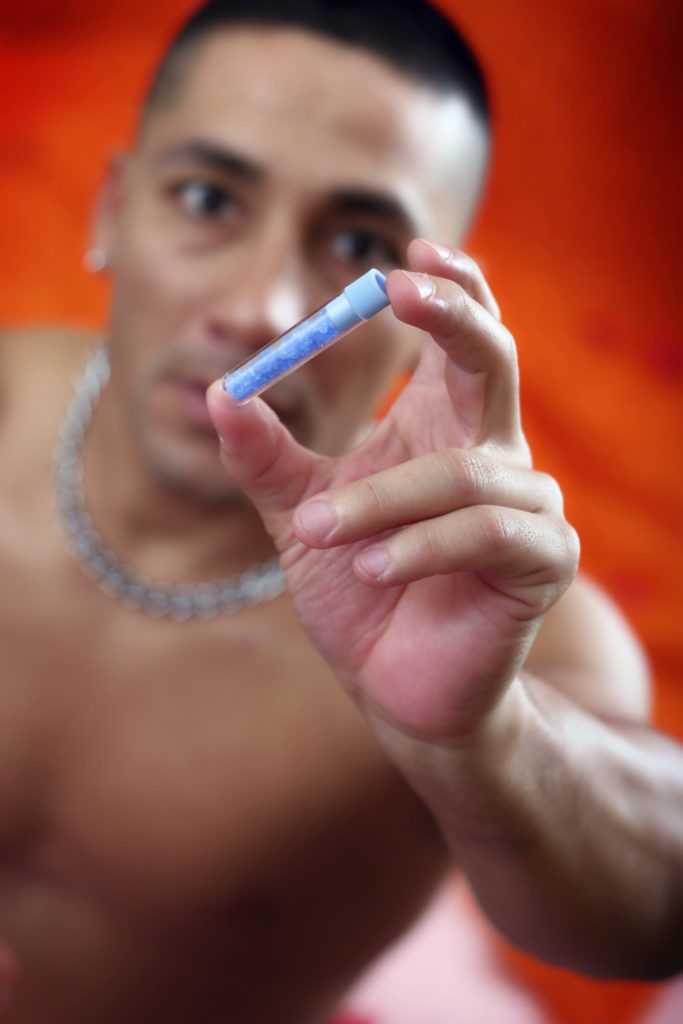The lack of sleep is often associated with addiction, and those struggling with substance use disorder are particularly prone to it. Those who lack adequate restful sleep are more likely to become dependent on substances due to changes in hormones and brain chemistry that occur as a result. Sleep deprivation can also lead to an increase in cravings for specific substances, as well as an increased risk for relapse.
If you or someone you love requires addiction treatment, contact 17135283709 to learn about the programs at Right Step.
Connections Between Lack of Sleep and Addiction
Sleep deprivation is associated with addiction in many different ways. It can impact the production of hormones such as dopamine, leading to an increased risk for substance use disorder and a lack of impulse control and decision-making ability. Sleep deprivation is also linked to changes in brain chemistry that can make someone more prone to cravings.
Research has shown that lack of sleep can increase the risk of developing a substance use disorder and make it more challenging to remain sober. People who lack sufficient restful sleep are more likely to experience mood swings, irritability, and impulsivity, all of which can make addiction more challenging to manage.
There is a double-edged sword regarding lack of sleep and substance use disorder. Lack of sleep can make people more prone to use drugs that help with sleep, such as cannabis, cough syrup, or painkillers.
However, if someone is using these drugs already or is using drugs often referred to as “uppers,” such as cocaine or ecstasy, this can often cause a lack of sleep. It’s also important to note that lack of sleep can make recovering from a substance use disorder more difficult.
Some other vital connections to note between lack of sleep and addiction include:
- People who lack sleep are more likely to lack energy and struggle with motivation, making it harder to stay on top of their recovery goals or keep up treatment plans.
- Sleep deprivation can lead to an increase in cravings for certain substances.
- It can exacerbate mental health issues such as depression or bipolar disorder, making it difficult for someone to stay sober.
Ultimately, lack of sleep contributes to many addiction and substance use disorder cases. It’s crucial for those struggling with addiction to get enough restful sleep to reduce the risk of relapse or other adverse outcomes. Treatment programs at Right Step can help you better understand how lack of sleep can affect your recovery and develop healthy strategies to cope.
Treatment for Lack of Sleep and Addiction
Treatment for lack of sleep begins with getting the right amount and quality of sleep every night. This may involve making lifestyle changes such as avoiding caffeine, alcohol, and other stimulants close to bedtime, sticking to a regular sleep schedule and avoiding screens in the bedroom.
If these methods don’t help, your treatment provider may suggest a sleep study, therapy, and medications if substance use is not severe. They can also work with you to develop strategies for reducing cravings, improving mood regulation, and taking steps to prevent relapse.
Some standard therapies that can help with a lack of sleep include:
- Exercise, from cardio to yoga
- Mindfulness mediation
- Cognitive-behavioral therapy
- Support groups
At Right Step, we are committed to providing comprehensive treatment for lack of sleep and addiction. Our highly trained professionals offer evidence-based care tailored to each patient’s needs. We believe in a holistic approach focusing on physical, mental, and emotional healing.
Heal From Lack of Sleep and Addiction with the Right Step
If you or someone you love is struggling with a lack of sleep and addiction, reach out to Right Step today. We are here to help. Call 17135283709 for more information on how we can assist in your recovery journey.






